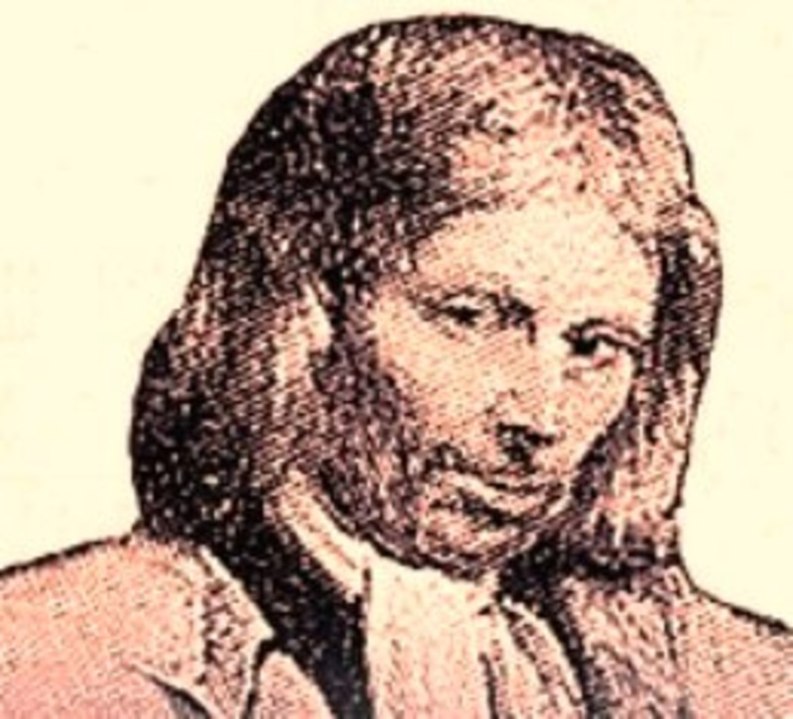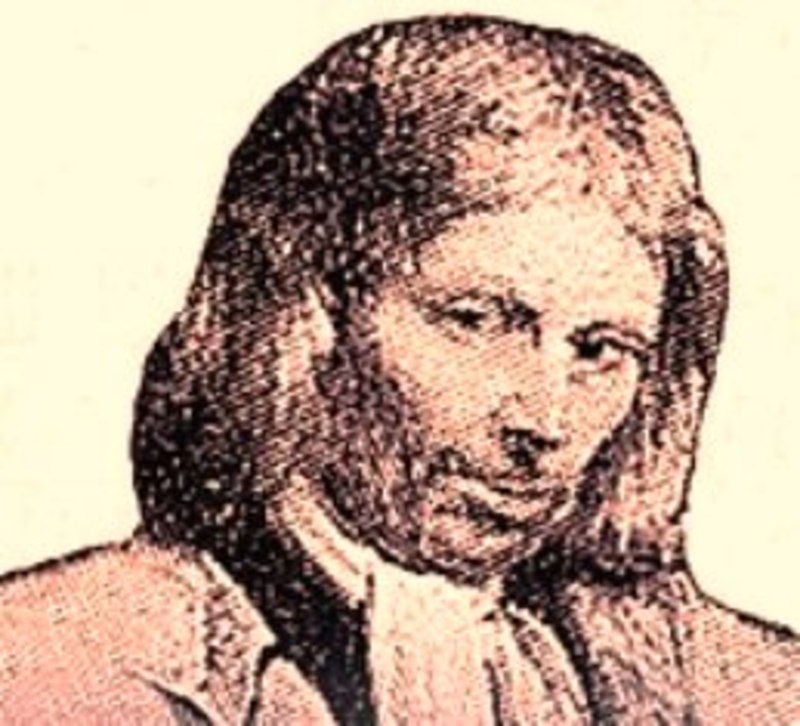When I was in my late twenties I discovered the joy of drinking alone. Well, perhaps ‘joy’ is putting it too strongly. I’d been thrown out of the flat I shared with one of my closest friends from university after a series of drunken rows about his social-climbing girlfriend. I was living in a converted gardener’s cottage in west London. It was painted pink, for some reason (‘a pink cottage — just right for you,’ harrumphed my ex-flatmate), and furnished so miserably that it didn’t seem worth the effort to throw out the empty wine bottles or bother with ashtrays.
Now I could binge-drink and, just as important, binge-listen. The late Beethoven quartets, in virtuosic but slightly unhinged performances by the Lindsays, suited my mood. But when I was really pissed, and had finished drunk-dialling my delighted friends, I invariably turned to the same disc, on unofficial permanent loan from Kensington and Chelsea Library. (Can you imagine borrowing a CD from the library today? I shouldn’t think it stocks them any more. No point in returning it, then.)
It was a Mass by Jan Dismas Zelenka (1679–1745), a Czech composer at the court of Dresden, whose ruler, August, Elector of Saxony, had converted to Catholicism in order to become King of Poland. This was a very odd arrangement, requiring a Catholic royal chapel in the middle of a staunchly Lutheran city. August, feeling insecure, married his son to the Archduchess Maria Josepha of Austria. She wanted to hear the frills and furbelows of southern European Catholicism in the chapel — and Zelenka, who’d studied with the Jesuits in Prague, was happy to supply them.
In fact, Maria Josepha got more than she bargained for. Zelenka, an unmarried man and passionate Catholic, wrote music that was spiky with ornaments and amazingly hard-driven. The orchestral ritornello passages of his Masses and oratorios bounce across the stave, repeating themselves with an intensity bordering on mania; choir and string players alike are required to toss off terrifying scales and trills previously reserved for soloists. When I first heard the Gloria of the Missa Dei Filii — the disc I’d ‘borrowed’ — I was bewildered. Zelenka makes his choir swoop down from the heights in a breakneck syncopated scale — again and again and again. When I was drunk I played ‘the swoop’ addictively; even now, nearly 20 years after I gave up the sauce, a single hearing is never enough.
Was he, perhaps, plastered when he wrote it? The Missa Dei Filii is one of a number of huge Mass settings he wrote when he retired into seclusion. They may never have received a performance. Today, despite a small-scale rediscovery of Zelenka, there are no more than two or three recordings of each of them, and many sacred and chamber works remain unrecorded. Which is scandalous. In his final years, the composer developed a breathtakingly radical language. His fugue subjects, with their strangely angled intervals, are worked out with a contrapuntal mastery second only to Bach’s — but Zelenka never sounds like anyone but himself. He belongs to a band of mavericks in musical history whose experiments with harmony seem to catapult them into another generation: one thinks of William Lawes, a composer from the court of Charles I whose distilled dissonances still shock the ear; the violent chromaticism of Gesualdo; maybe Charles Ives.
I was glad to discover, rooting about the internet, that Zelenka has a small but fanatical fan club. On jdzelenka.net there’s a thread where users are asked for their favourite Zelenka track. Andrew Hinds from East Sussex suggests the final movement of I Penitente al Supulchro del Redentore, a Good Friday oratorio. ‘The sincerity of our great man, Zelenka, shines through in this wonderful music and, by reflection, it is possible to believe what he believed,’ he writes. ‘Our great man’, ‘our dear master’ — there’s something protective in the way Zelenkans talk about the composer, whose misery in life distresses them almost as much as his posthumous neglect.
‘Scott from Brooklyn’ nominates the last two tracks of the Credo of the Missa Dei Patris, from Et resurrexit on. (There’s a recording by Frieder Bernius and the Stuttgart Baroque Orchestra and Chamber Choir — snap it up.) He describes the skill with which Zelenka inserts plainchant into a bustling ritornello which interrupts a double fugue. ‘Then the fugue and the ritornello alternate at shorter and shorter intervals, almost as if in a contest or a race, leading to an exhilarating close. Hard to decide which won.’ After reading this I went back to the CD: ‘exhilarating’ is putting it mildly. ‘Why do so few people seem to appreciate this miraculous music?’ asks Scott, adding a sad-faced emoticon :(. I don’t know the answer — but, please, can we do something about it?








Comments